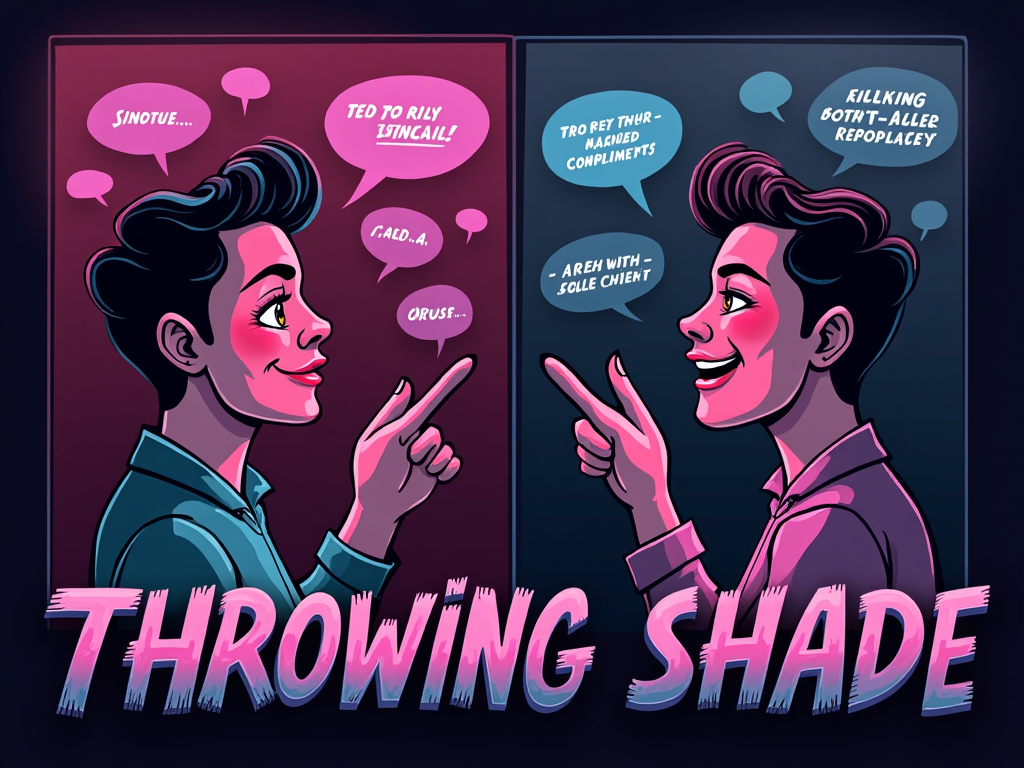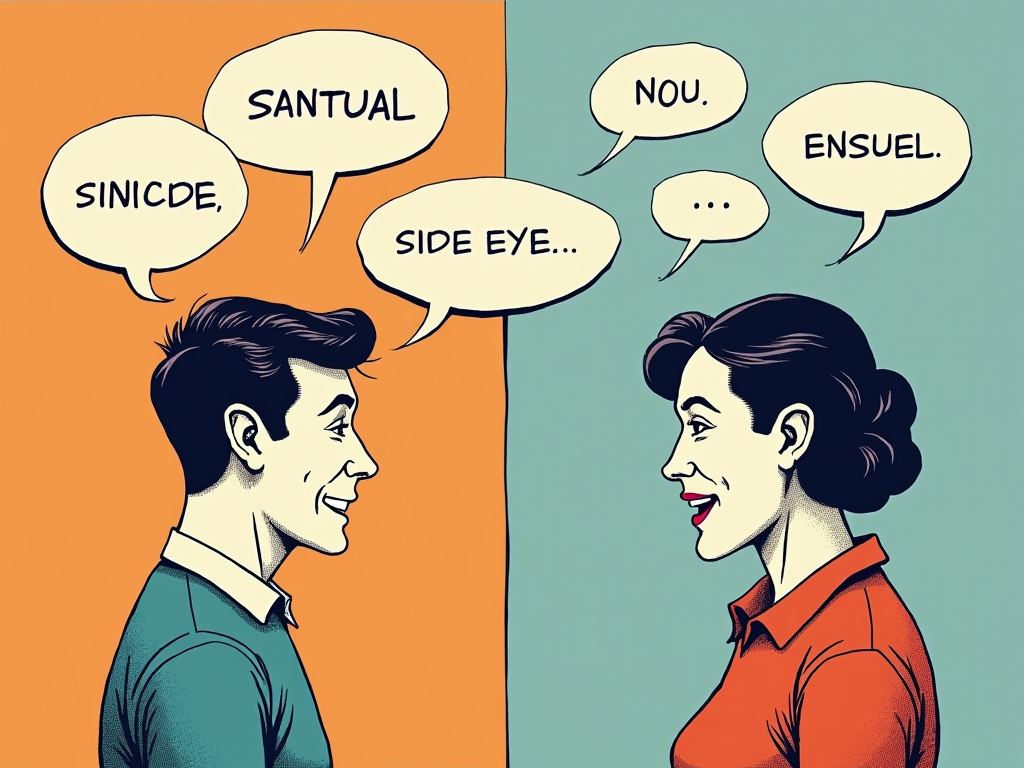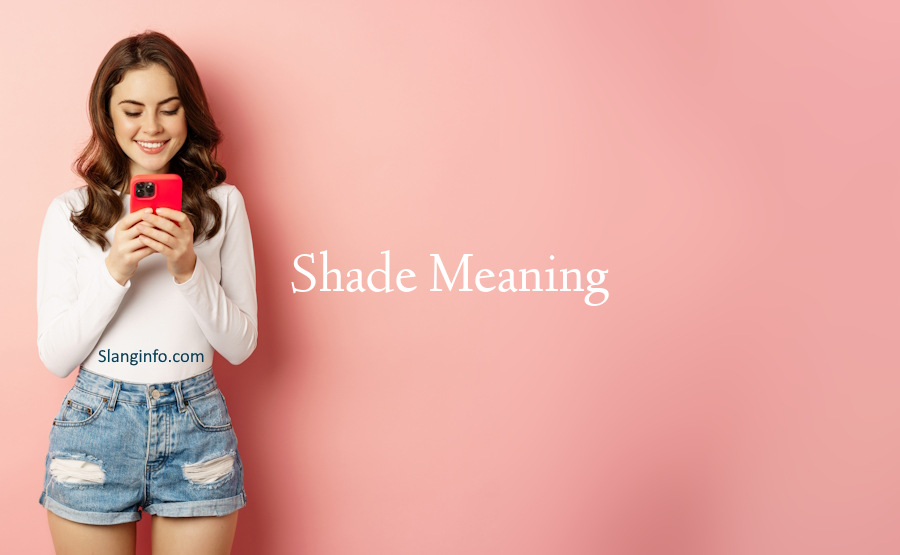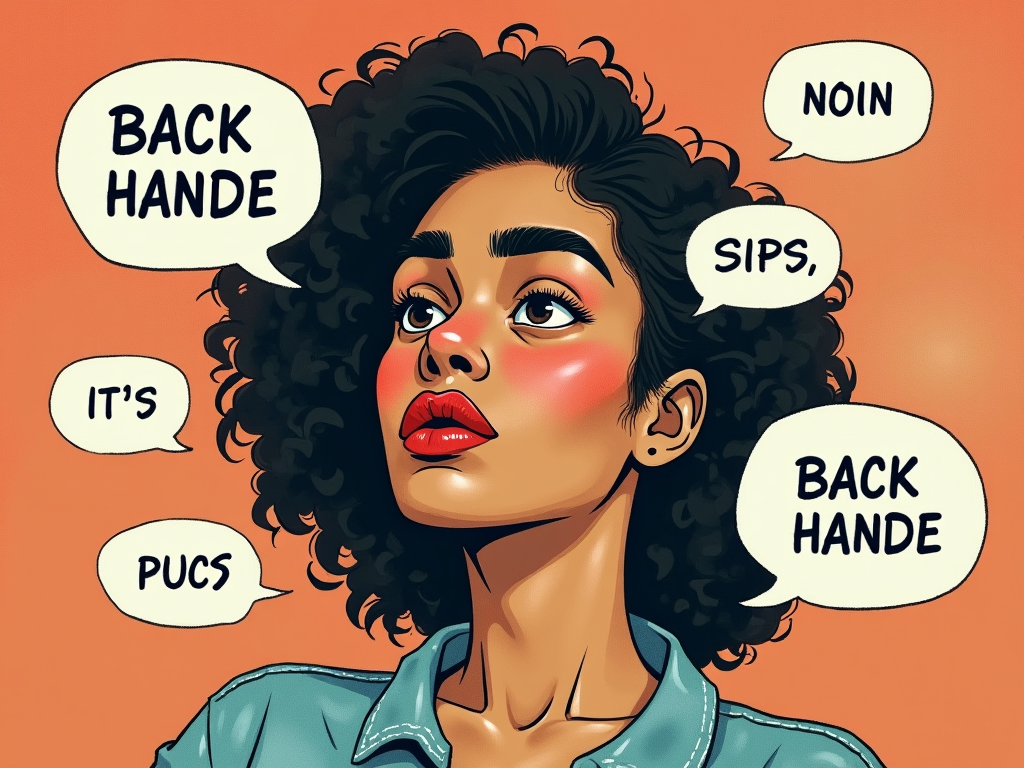Ever wondered how to deliver a burn so smooth that it leaves people stunned? Welcome to the world of throwing shade – the ultimate communication hack that’s part sass, part strategy, and 100% legendary. 🔥👀
Key Takeaways
| Aspect | Description |
|---|---|
| Origin | Black and LGBTQ+ ball culture |
| Essence | Subtle, indirect criticism |
| Purpose | Social commentary with wit |
| Difficulty | Requires creativity and timing |
Throwing Shade: The Ultimate Guide to Mastering the Art of Subtle Insults

What Exactly is Shade?
Shade isn’t just an insult – it’s an art form. Imagine a comeback so clever that the person doesn’t even realize they’ve been burned until minutes later. That’s shade in its purest form.
Historical Roots
The term “throwing shade” has deep cultural roots in the LGBTQ+ community, specifically in New York City’s ball culture of the 1980s. Drag queens didn’t just create a slang term; they developed a sophisticated communication technique that allowed marginalized communities to critique and comment on social dynamics without direct confrontation.
Also read: BSN Meaning
The Anatomy of a Perfect Shade Throw

Throwing shade isn’t about being mean – it’s about being brilliantly observant. Here’s how to nail it:
- Observation: Find the subtle weakness
- Delivery: Make it sound almost like a compliment
- Timing: Drop it when least expected
- Plausible Deniability: Ensure you can play innocent
Pro Tips for Shade Masters
- Never punch down: True shade is about wit, not bullying
- Keep it clever: The best shade makes people laugh, not cry
- Know your audience: What works in one circle might fall flat in another
Cultural Impact
From RuPaul’s Drag Race to celebrity Twitter feuds, shade has become a mainstream communication tool. It’s more than just an insult – it’s a form of social commentary that reveals more about the person throwing shade than the target.
Insider Tip: The most legendary shade throwers make it look effortless. Practice makes perfect! 😎
Also read: ENF Meaning
When Shade Goes Wrong
Not all shade is created equal. There’s a fine line between a clever comeback and just being plain mean. Always ask yourself: “Am I highlighting a truth or just being cruel?”
Want to learn more about communication styles? Check out our articles on slang evolution.
The Science Behind Shade
Believe it or not, throwing shade is a complex psychological phenomenon. It’s not just about the words – it’s about subtext, tone, and social dynamics. Linguists argue that shade is a sophisticated form of communication that requires:
- High emotional intelligence
- Quick wit
- Cultural awareness
- Precise timing
Shade vs. Direct Insults
| Shade | Direct Insult |
|---|---|
| Subtle and clever | Blunt and harsh |
| Creates laughter | Causes immediate tension |
| Demonstrates intelligence | Shows lack of control |
| Socially acceptable | Often considered rude |
Also read: IYTT Meaning
Mastering the Shade Spectrum 🔥

Beginner Level: “Nice outfit. Is that vintage… or just old?”
Advanced Level: A look that speaks volumes without saying a word
Expert Level: Making someone question their entire existence with one perfectly crafted sentence
Real-World Shade Examples
- Celebrity Shade Champions
- RuPaul’s iconic shade throws
- Reality TV shade moments
- Social media clapbacks
- Everyday Shade Scenarios
- Workplace passive-aggressive comments
- Friend group dynamics
- Social media interactions
The Psychological Impact
Throwing shade isn’t just about the burn – it’s a complex social tool. It serves multiple purposes:
- Social Regulation: Subtly correcting behavior
- Power Dynamics: Establishing social hierarchy
- Humor: Creating shared moments of wit
- Self-Protection: Deflecting potential criticism
When to Hold Back
Warning Signs you might be crossing the line:
- The joke feels mean-spirited
- You’re targeting someone’s genuine insecurities
- The shade comes from a place of anger, not wit
Cultural Evolution
Shade has transformed from a niche communication method in LGBTQ+ ball culture to a mainstream linguistic phenomenon. Platforms like TikTok and Twitter have accelerated its spread, making subtle burns a global language.
Also read: WSG Meaning
Generational Shade Differences
- Boomers: Direct criticism
- Millennials: Sarcastic comments
- Gen Z: Multilayered, nuanced shade
Pro Tips for Aspiring Shade Throwers
- Study the Masters: Watch drag performances
- Practice Timing: Delivery is everything
- Know Your Audience: Shade varies by context
- Stay Clever: Wit over meanness
- Learn Plausible Deniability: Make it sound accidental
Ethical Shade Guidelines
Remember: True shade is:
- Clever, not cruel
- Observational, not personal
- Funny, not harmful
Final Thoughts
Throwing shade is an art form that requires practice, intelligence, and a deep understanding of human psychology. It’s not about tearing people down – it’s about highlighting truths with humor and grace.
Pro Tip: The best shade makers make you laugh, not cry. 😎







